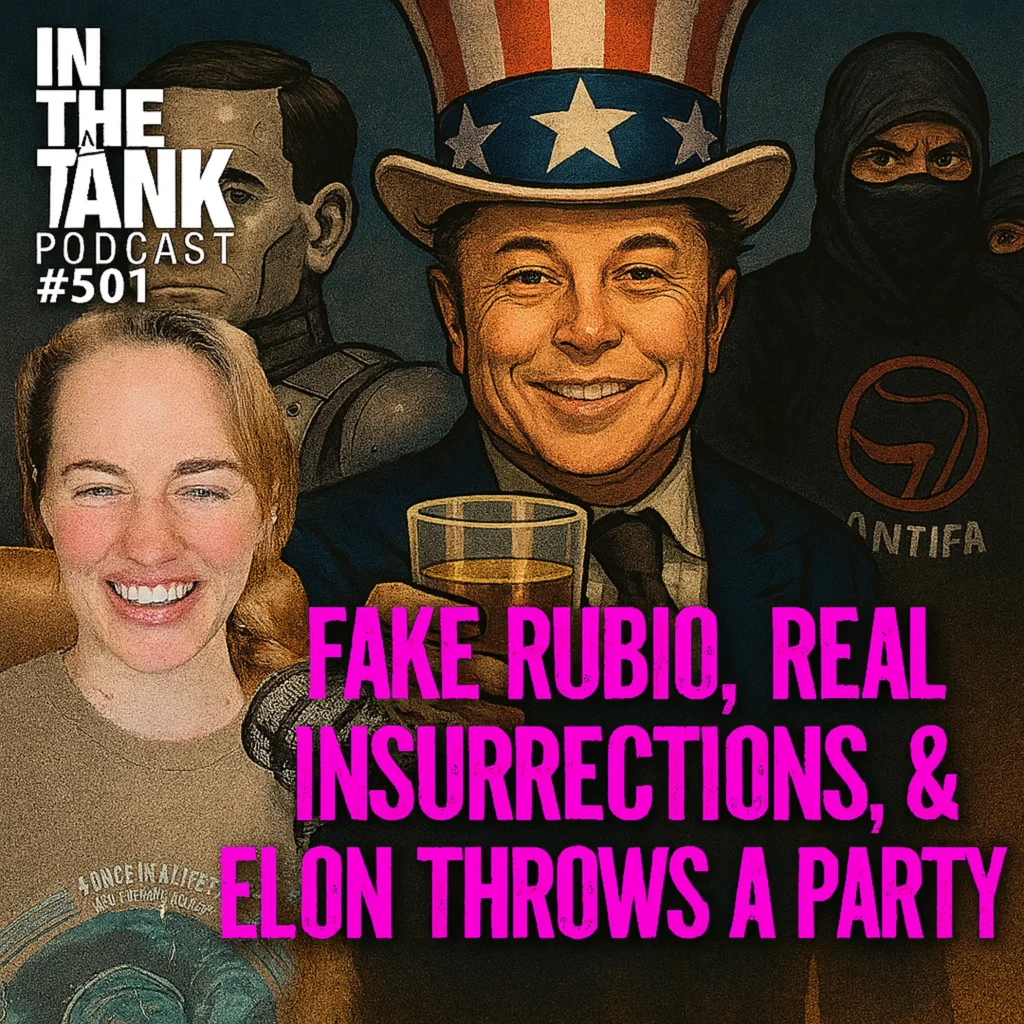Just when the blame-America-for-September 11 campaigns appeared to be running out of gas, a new version is rapidly gaining momentum. Blame the SUV!
The idea that gas-guzzling SUVs are somehow feeding U.S. military and economic vulnerability is a hot issue in The New York Times, popped up in The Wall Street Journal recently, and got a big push weeks ago in a cover story in The Economist.
The Times version was kick-started by columnist Thomas L. Friedman. The often muddle-headed author of The Lexus and the Olive Tree delivered a rant against U.S. President George Bush for not “using the power of Sept. 11” to liberate the United States from the shackles of Middle East oil. “The most obvious bold national project that Mr. Bush could launch now–his version of the race to the moon–would be a program for energy independence … weaning America off of its dependence on Middle East oil,” wrote Friedman.
Twisted logic
The letters poured in to the Times from sympathetic readers. “To me,” said Harry Zutz of New Jersey, “there is no more paradoxical and unpatriotic sight than a gas-guzzling behemoth (the SUV) … lumbering down a narrow city street, proudly bearing an American flag.”
Exactly what the paradox is went unstated, but it presumably goes something like this: An SUV consumes gasoline, crude oil comes from the Middle East, the Middle East is a gang of criminals and cartel operators, therefore SUV drivers are supporting criminals and should be punished. That’s what they teach in economics courses these days.
A retired U.S. Army officer, Ralph Peters, made the same SUV link in an otherwise fine article in The Wall Street Journal on Saudi Arabia as a threat to world peace, security, and stability. The Saudi vision of Islam–hateful, medieval, murderous–is state-sponsored religious extremism “funded by all the drivers of those oversized SUVs on American roads.”
SUVs made a cameo appearance in The Economist, which ratcheted up an alarming scenario of a “Taliban-like regime” gaining control of Saudi oil fields. Instead of maximizing profits, a Taliban-controlled Saudi Arabia “might decide to blow up the wells, in pursuit of devout poverty and to punish the West for its corruption.”
How to avoid that ghastly possibility? The Economist, in a related article ominously titled “A dangerous addiction,” suggests greater energy efficiency by forcing higher fuel economy standards for cars and “closing the loophole that allows light trucks and sport-utility vehicles (SUVs) to use more petrol.”
The objective? Higher taxes
In the end, however, fuel economy standards turn out to be just another way-station on the road to the big objective. “On environmental grounds, never mind energy security, America taxes gasoline too lightly,” said The Economist’s editorial. A big one-shot tax hike would be preferable, but The Economist offered a politically more feasible plan of gradual gas tax increases that would shift the tax burden from incomes to energy. “Gradualism is the key to doing this intelligently.”
Over in Europe and Britain, of course, consumers already enjoy the benefits of sky-high gasoline prices. Pump prices of $2-a litre explain part of Europe’s dismal economic performance relative to the United States, and may also play a role in keeping the euro down. Perhaps The Economist has jumped aboard the “tax harmonization” bandwagon and hopes to get North America roped into the same job-killing tax regime.
Not surprisingly, the Thomas Friedman plan for U.S. oil independence ends up with the same prescription: tax increases. He quotes “respected” oil consultant Philip Verleger–who also appears in The Economist piece with the same analysis–on how taxes could end America’s oil gluttony.
One out of every seven barrels of oil produced in the world is consumed on American highways, Verleger tells Friedman and The Economist. “We could cut that by a third in five years if Washington were to offer tax incentives for manufacturers to produce more efficient vehicles and for consumers to buy them. Such tax cuts could be paid for with a higher gas tax, gradually phased in. Then we could replace all those American flag bumper stickers with ones that read: ‘I cut my oil use by a third, how about you?'”
The logical thread from September 11 to tax increases is now getting thinner. The symbol of all that is wrong with American policy, and by implication the cause of September 11, is an SUV flying the Stars and Stripes and bearing a pro-U.S. bumper sticker. All the United States needs to do to end the terror risk and future threats to military and economic security is clean out the SUVs and raise taxes.
Both The Economist and Thomas Friedman weave in a couple of sub-themes related to the environment to support the tax increase plan.
North American energy consumption needs to be cut to meet the Kyoto climate change targets. So let’s adopt September 11 as a good scare and seize the opportunity to push through an international agreement that otherwise has little popular support. Indeed, news reports out of Tokyo said Japan decided not to ratify the Kyoto accord because it would damage the Japanese economy. If Japan can figure that out, so can U.S. voters–unless they get bamboozled by the SUV ploy and September 11.
All of this, of course, is the product of the real danger: addiction to taxation.
The idea that billions in taxes collected at the gas pumps can be recycled to provide subsidies to energy producers, car makers, and consumers who buy more energy-efficient transportation products is just another planning nightmare. Kyoto promises to be the greatest nightmare of them all.
The worst risk is that the auto makers and energy producers will like the idea, especially if it can be wrapped up in a package with September 11.
Terence Corcoran is editor-in-chief of the Financial Post. This article first appeared in the National Post, which retains all copyrights.



